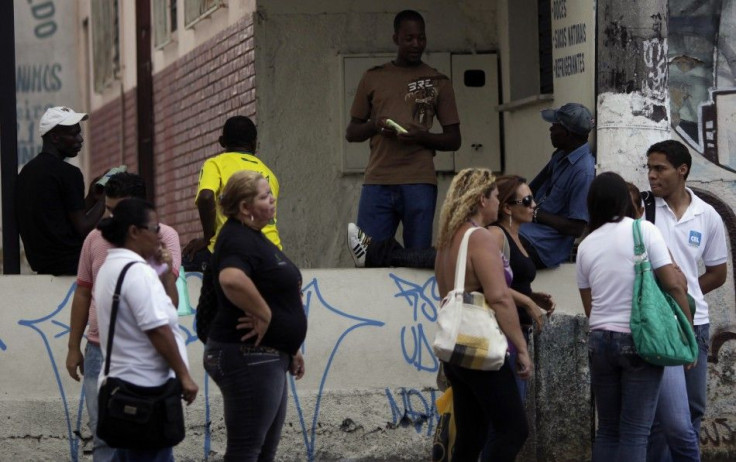Brazil Grants 4,000 Haitians Visas, but Will Reinforce Border Checks

Brazil will grant visas to thousands of Haitians migrants who arrived in the country illegally from Bolivia and Peru looking for work, government officials said Tuesday.
Justice Minister Jose Eduardo Cardozo said it would propose allowing as many as 100 Haitians a month to come to Brazil by granting them temporary visas.
The country will grant residence visas to some 4,000 Haitians already in the country, but will step up border checks to stem a further influx, as increasing number of migrants flee their quake-ravaged nation to seek work in Brazil's booming economy, Reuters reported.
Cardozo also said work visas will be offered to 2,400 Haitians who are stuck in two Amazon border towns. This, the government stressed, was a one-time deal. Henceforth, Haitians would have to apply at the Brazilian embassy in Port-au-Prince for one of the 100 work visas available per month.
The government will not be indifferent to the Haitians' vulnerable economic situation. But those who don't have visas will not be allowed to stay in Brazil, Cardozo said.
Brazilian authorities will also be reinforcing border checks. The Haitian migrants traveled down the Andes Mountains from Ecuador and through the jungles of Peru and Bolivia to cross into Brazil at remote border towns.
Haiti is still struggling to pick itself up following a 2010 earthquake that killed roughly 300,000 people and left more than 1.5 million homeless.
Demand for manual labor in Brazil is increasing for projects related to the 2014 World Cup and the 2016 Olympics.
© Copyright IBTimes 2025. All rights reserved.





















